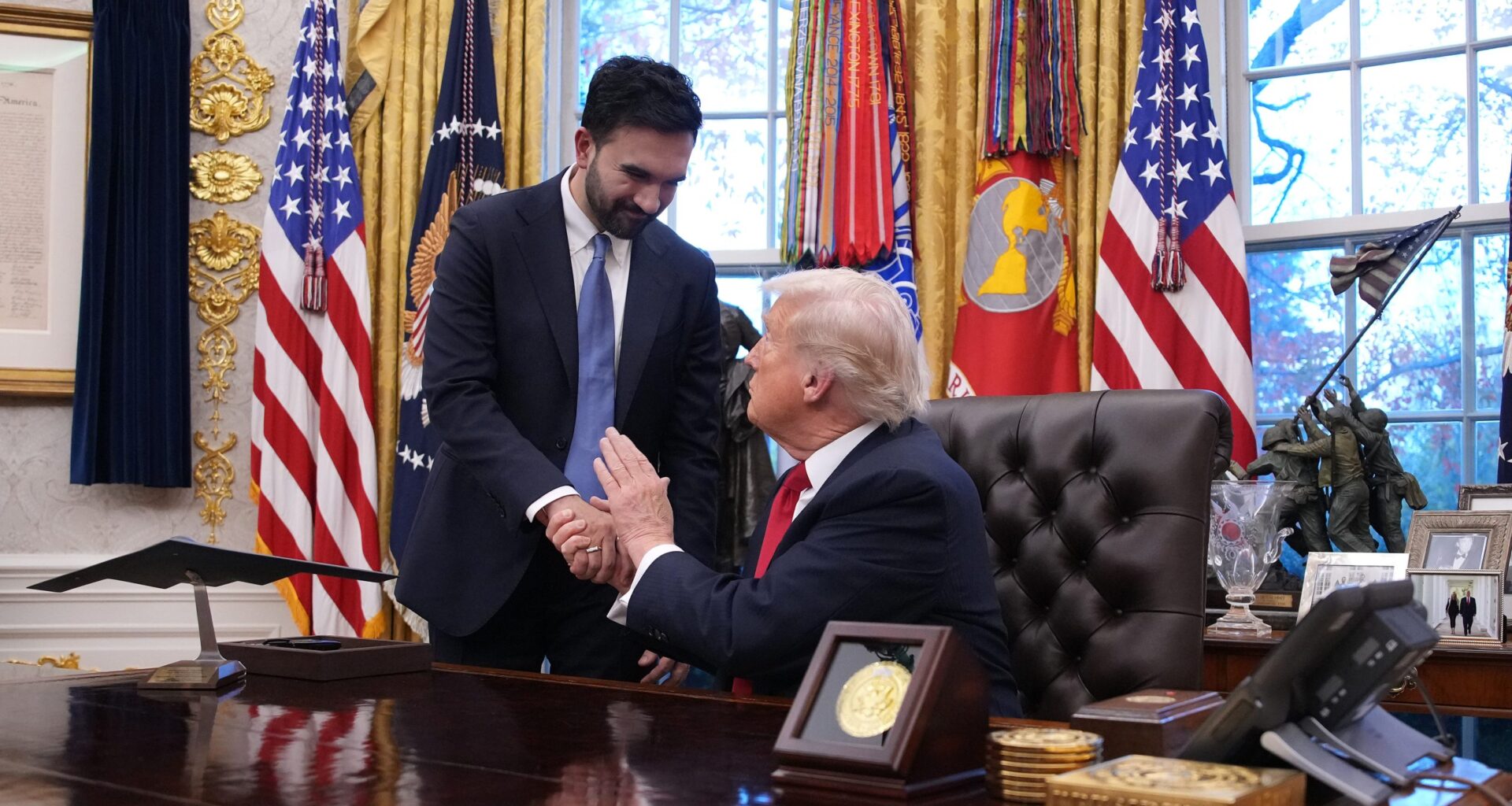This moment matters. Not because Trump or Mamdani suddenly changed their own minds about their beliefs or convictions about things. It matters because they demonstrated something American families and neighborhoods desperately need: the ability to talk to someone you disagree with without treating them like an archenemy.
Let’s be honest: the forces at play in our national life have turned us into warring factions, reducing each other to slogans and caricatures, when most of us are really just neighbors trying to make sense of the same messy world. If we approached one another with that basic recognition—neighbors first, Americans always—half our fights would fade before they even started.
Every Thanksgiving for the past decade, our political differences have been as predictable as your grandma’s green bean casserole. We dread the conversations, we pre-write rebuttals, and we rehearse the art of the strategic bathroom break. Maybe you’ve even stopped showing up at the family table.
But maybe this year can be different. Maybe the Trump–Mamdani meeting gives us a small blueprint for reentering one another’s lives with something other than rage.
If you’re willing to try, here are four practical tips for turning your Thanksgiving family chats into something closer to… well, functional human dialogue:
1) Start With What You Both Love (Besides the stuffing).
Trump and Mamdani started with their mutual love for New York—its people, its neighborhoods, its future. Start with shared loves: your town, your team, your hopes for the next generation. Shared affection is the strongest conversational on-ramp.
2) Ask Questions You Don’t Already Know the Answer To.
A real question is curiosity. A fake one is a trap. Try: “What feels urgent to you right now?” “What problem do you wish leaders took seriously?” “What person surprised you in helpful ways recently?”
3) Don’t Try to Win. Try to Learn.
No one has ever changed their mind because a cousin dunked on them between passing the cranberry sauce. If the goal is victory, you’ve already lost. The goal must be connection—messy, imperfect, human connection. If you choose that route, you just might be surprised.
4) End With Something You Can Actually Do Together.
Volunteer. Support a local housing nonprofit. Raise money for your local library. Agree to write a letter to your senator together. Or, if that’s too much, agree to revisit the conversation, maybe over dessert or the cigarette you might sneak with one another on the porch.
Here’s the truth: the comfortable story about avoiding politics at Thanksgiving is really a story about avoiding each other. And that avoidance hasn’t made America healthier or more connected. It’s time to try something different.
So, this year, take a risk. Be curious. Be humble. As Monica Guzman says, be curious and courageous. One conversation may not change everything, but it’s a start. Bridgebuilding is a choice, and it begins with a genuine desire to reach the other side of the gap.
If a Bible-selling, flag-hugging Republican president and a Muslim Democratic Socialist Mayor-elect can sit in the Oval Office and talk like adults, surely your family can survive one thoughtful conversation across the dinner table.
And hey, who knows? Maybe Uncle Ralph will shock you in a good way for once.
Adam Nicholas Phillips is CEO of Interfaith America.
